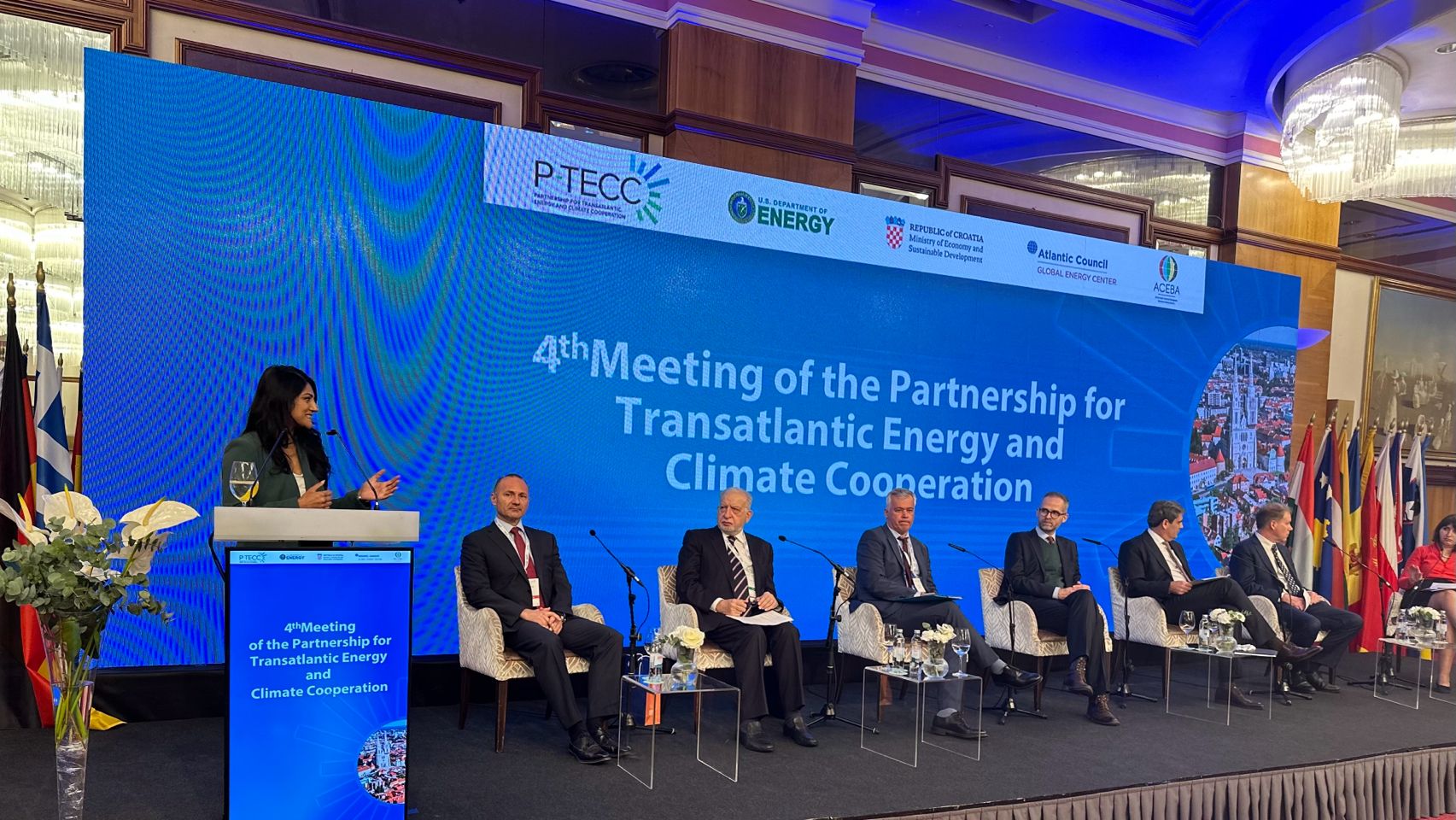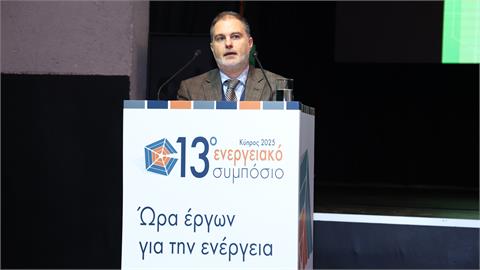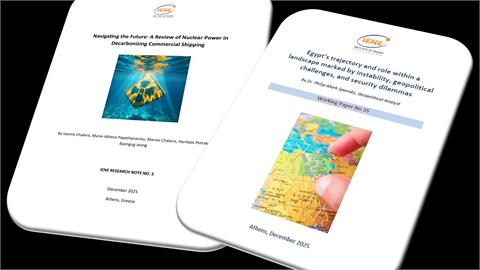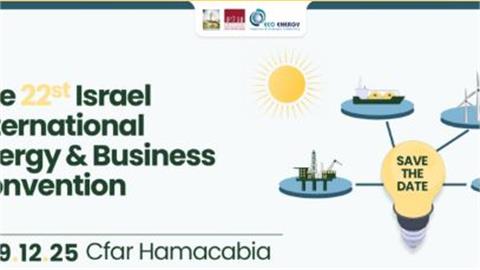Following an invitation by the US Secretary of Energy Jennifer Granholm and the Croatian Minister of Economy and Sustainable Development Davos Filipovic, the Chairman and Executive Director of the Institute participated in the Fourth Ministerial of the Partnership for Transatlantic Energy and Climate Cooperation (P- TECC) which took place in Zagreb,Croatia from March 1-2.
Following an invitation by the US Secretary of Energy Jennifer Granholm and the Croatian Minister of Economy and Sustainable Development Davos Filipovic, the Chairman and Executive Director of the Institute participated in the Fourth Ministerial of the Partnership for Transatlantic Energy and Climate Cooperation (P- TECC) which took place in Zagreb,Croatia from March 1-2.
Backed by the Atlantic Council and the American-Central European Business Association (ACEBA) this unique forum assembled the Energy and Climate ministers and other senior government officials and civil and society representatives from the broader region for two days of intensive discussions on policy formulation and action coordination. A much needed step in order to tackle the serious political and economic challenges posed in the European arena in view of Russia’s aggression and weaponisation of energy resources.
P-TECC brought together the energy and climate leadership from almost all countries in Central and Eastern Europe,along with U.S. and EU, in order to ensure that the region has the right tools to build secure,resilient and climate conscious systems. This high level gathering,which gathered more than 200 senior energy policy officials and experts, covered the entire energy resource,technology and policy spectrum including oil and gas,electricity networks,nuclear power,renewable energy sources and energy efficiency. With energy security,including cyber security,emerging as a key area for cooperation and joint action. With special emphasis placed on nuclear and geothermal energy as capable of providing on a long term basis clean and secure power, capable of meeting the base load needs of current and future electricity systems.
With the provision of base load being a dominant theme of this year’s P-TECC meeting as expounded by the US Secretary of Energy Jennifer Granholm,in a series of keynote addresses delivered in person in the plenary, but also in closed ministerial meetings which took place parallel to the main conference.
Accompanying Secretary Granholm was a group of high level DOE officials including Andrew Light, Assistant Secretary of Energy for International Affairs whom IENE’s Chairman had the the chance to meet and discuss the Institute’s activities. More specifically the Institute’s Chairman Costis Stambolis briefed the Assistant Secretary on IENE’s philosophy and approach on energy issues in the South East European and East Mediterranean area and handed him its flagship publication, the “SEE Energy Outlook 2021/2022”.
The Chairman of IENE also participated in the break out session on “Security of Energy Supply” which was expertly moderated by Victoria Zinchuk, Director of EBRD in Croatia and started with the presenation of a background paper by Shiyana Gunasekara, from Energy Transitions in Emerging Markets, U.S. Department of Energy (DOE). Participants in the session included Ervin Ibrahimovic, Minister of Capital Investments from Montenegro, Rosen Hristov, Energy Minister of Bulgaria, Brad Crabtree, Assistant Secretary at DOE, Office of Fossil Energy and Carbon Management and Damir Vrbic, Director of Croatia’s JANAF. In his intervention Costis Stambolis referred to the region’s efforts to improve cooperation on electricity and gas networks and hence improve energy security, citing latest examples involving Greece, Bulgaria and Northern Macedonia.Another point raised by IENE’s chairman were the common challenges faced by the region’s electricity transmission and distribution operators who are called upon to provide adequate capacity as RES increase their penetration in local and regional grids with problems,already evident, arising when it comes to licence and connect new solar,wind and biomass installations.




